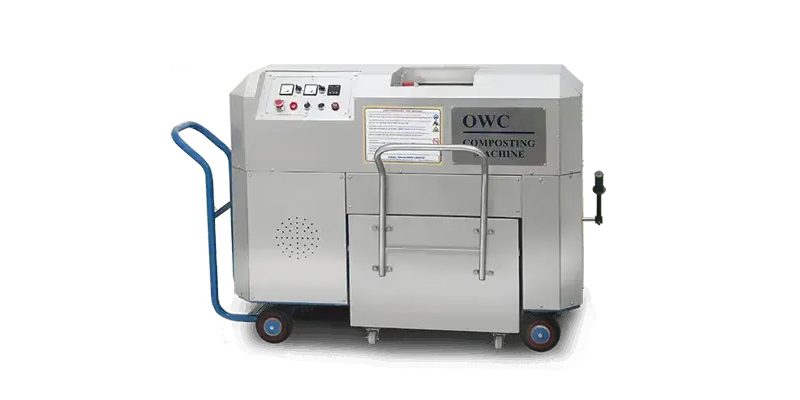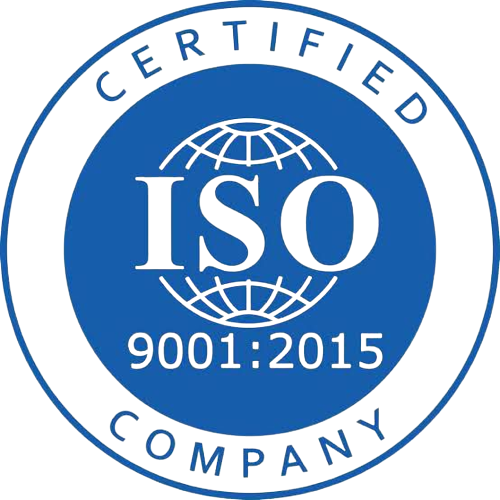
Organic waste, comprising food scraps, yard debris, and other biodegradable materials, is a major contributor to the global waste problem. When improperly disposed of, this waste can have severe environmental impacts. For instance, when organic waste decomposes in landfills, it produces methane, a potent greenhouse gas that contributes significantly to climate change. Additionally, organic waste can lead to leachate formation, a liquid that, when it seeps into the soil, can contaminate groundwater sources, posing a threat to both the environment and human health. But there are viable solutions to mitigate these ill-effects. Composting is a leading method for managing organic waste. It transforms this waste into nutrient-rich compost, which can be used to enrich soil and stimulate plant growth, promoting a cycle of sustainability. Similarly, anaerobic digestion is another method where microorganisms break down organic waste in the absence of oxygen, producing biogas that can be used as a renewable energy source. Moreover, worm farming or vermicomposting uses worms to consume organic waste and produce a rich soil conditioner. Each of these methods offers a sustainable alternative to traditional waste disposal, reducing environmental harm and creating valuable end products from waste.
Understanding Compost Machines
Composting is a biological process that breaks down organic waste into nutrient-rich compost. This process involves shredding, homogenizing, and curing the waste. A compost machine plays a crucial role in this process by accelerating the composting of organic waste using a bio-mechanical method. These machines come in various sizes and designs, making them suitable for different types of users. If you are part of a housing colony, for example, you might be wondering how to determine the capacity of the compost machine. A rough estimate is that about 1 kg per day per house of organic waste gets generated. Key considerations include:
Finalizing the Capacity :
The first step in choosing a compost machine is determining the required capacity. In a typical housing colony, each household generates approximately 1 kg of organic waste per day. Therefore, if your colony has 100 houses, you’ll need a machine that can handle around 100 kg of waste daily.
Installation Site :
The location of the compost machine is crucial. It should be set up in an area that’s easily accessible for waste collection but also somewhat isolated to avoid any potential odor nuisance. Outdoor areas with good ventilation, like a community garden or an unused corner of the parking lot, could be ideal. Ensure the chosen location has a power source and a water supply for the machine’s operation.
Required Resources :
Apart from the compost machine itself, you’ll need a few additional resources. These include collection bins for each household to collect and segregate organic waste, a system for transporting this waste to the compost machine, and trained personnel to operate and maintain the machine. Additionally, you’ll need a plan for utilizing or disposing of the compost produced – it could be used in communal green spaces or shared among residents for personal use
These considerations will help housing colonies implement efficient and sustainable organic waste management using compost machines.
Benefits of Using a Compost Machine
Using a compost machine offers several benefits, particularly for our target customers such as housing colonies, community gardens, and small-scale farming operations:
Reduction in Waste Volume:
Compost machines convert organic waste into compost, significantly reducing the volume of waste that needs to be disposed of. This is particularly beneficial for housing colonies, as it helps manage waste disposal more effectively and reduces the burden on local waste management services.
Environmental Sustainability :
Compost machines offer an environmentally friendly alternative to conventional waste disposal methods. By composting organic waste, we prevent it from ending up in landfills where it would produce harmful greenhouse gases. This contributes to the reduction of overall greenhouse gas emissions and promotes sustainable waste management practices.
Soil Enrichment :
The compost produced by these machines is nutrient-rich and can greatly enhance soil quality. For community gardens or housing colonies with green spaces, this compost can be used to promote healthier plant growth. It also supports sustainable gardening and farming practices by reducing the need for chemical fertilizers.
Cost Savings :
For our target customers, using a compost machine can lead to significant cost savings over time. By handling waste disposal in-house, housing colonies can lower their waste management costs. Similarly, community gardens and small-scale farmers can reduce their expenditure on commercial fertilizers by using the compost produced.
Community Engagement:
Implementing a composting program can also foster community engagement. It can be a collaborative effort that encourages residents to participate in sustainable practices and contribute to a greener community.
Compliance with Waste Management Regulations:
Many municipalities are implementing strict waste management regulations, including mandatory composting of organic waste. Having a compost machine helps housing colonies comply with these regulations, potentially avoiding fines or penalties.
In Mumbai, housing societies are incentivised to manage their waste efficiently through a scheme introduced by the Brihanmumbai Municipal Corporation (BMC). This scheme offers up to a 15% property tax rebate for societies that comply with waste segregation, composting, and other environmental guidelines. Regular inspections are conducted to ensure adherence, with the rebate amount reflected in the year-end bill, encouraging responsible waste management practices and environmental sustainability.
Choosing the Right Compost Machine
Five Effective Ways to Choose the Right Compost Machine:
Understanding the Types :
Know the different types of compost machines available in the market. This includes understanding the difference between automatic and semi-automatic machines, and how each functions.
Ease of Operation :
Consider how simple it is to operate the machine. This includes looking into how easy it is to load the waste, run the machine, and remove the compost
Quality and Utility of Compost:
Evaluate the quality of compost produced by the machine. The compost should be nutrient-rich and suitable for its intended use, be it for gardening, farming, or other purposes.
Operational Cost and Electrical Consumption:
Consider the operational cost of the machine, including how much electricity it uses. An energy-efficient machine can be more cost-effective in the long run.
Endorsements and Environmental Sustainability:
Check if the machine has any government endorsements or approvals. Also, assess the machine’s contribution to environmental sustainability. A good compost machine should help reduce waste and contribute to a greener environment.
Conclusion
Compost machines are an integral part of sustainable waste management and contribute significantly to a greener, more sustainable future. As we become more conscious of our environmental impact, the use of compost machines will be essential in creating a circular economy that values waste as a resource rather than a burden. By taking these steps, we can collectively work towards a cleaner, healthier planet for future generations. Additionally, following solid waste management rules and initiatives like the Swachh Bharat Abhiyan can significantly contribute to this goal.
About Excel Industries
Excel Industries, with over 40 years of expertise in waste management, has been instrumental in promoting organic waste management and composting in India. Their patented technology efficiently transforms organic waste into high-quality compost. Excel is committed to revolutionising waste management practices and contributing to a greener future.
Ready to make a difference in waste management?

Discover Excel Industries’ compost machines and embark on your journey towards a greener future.

